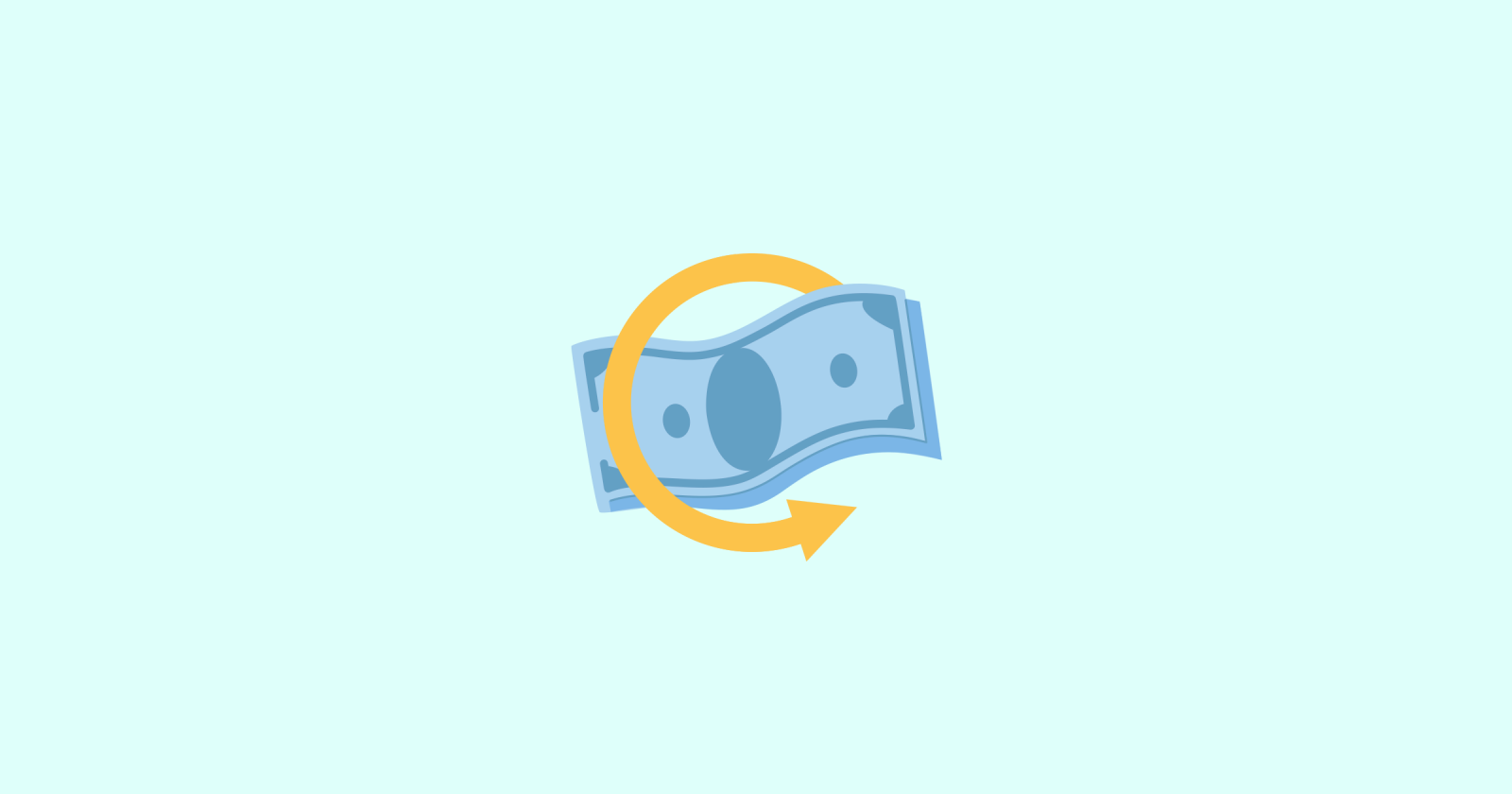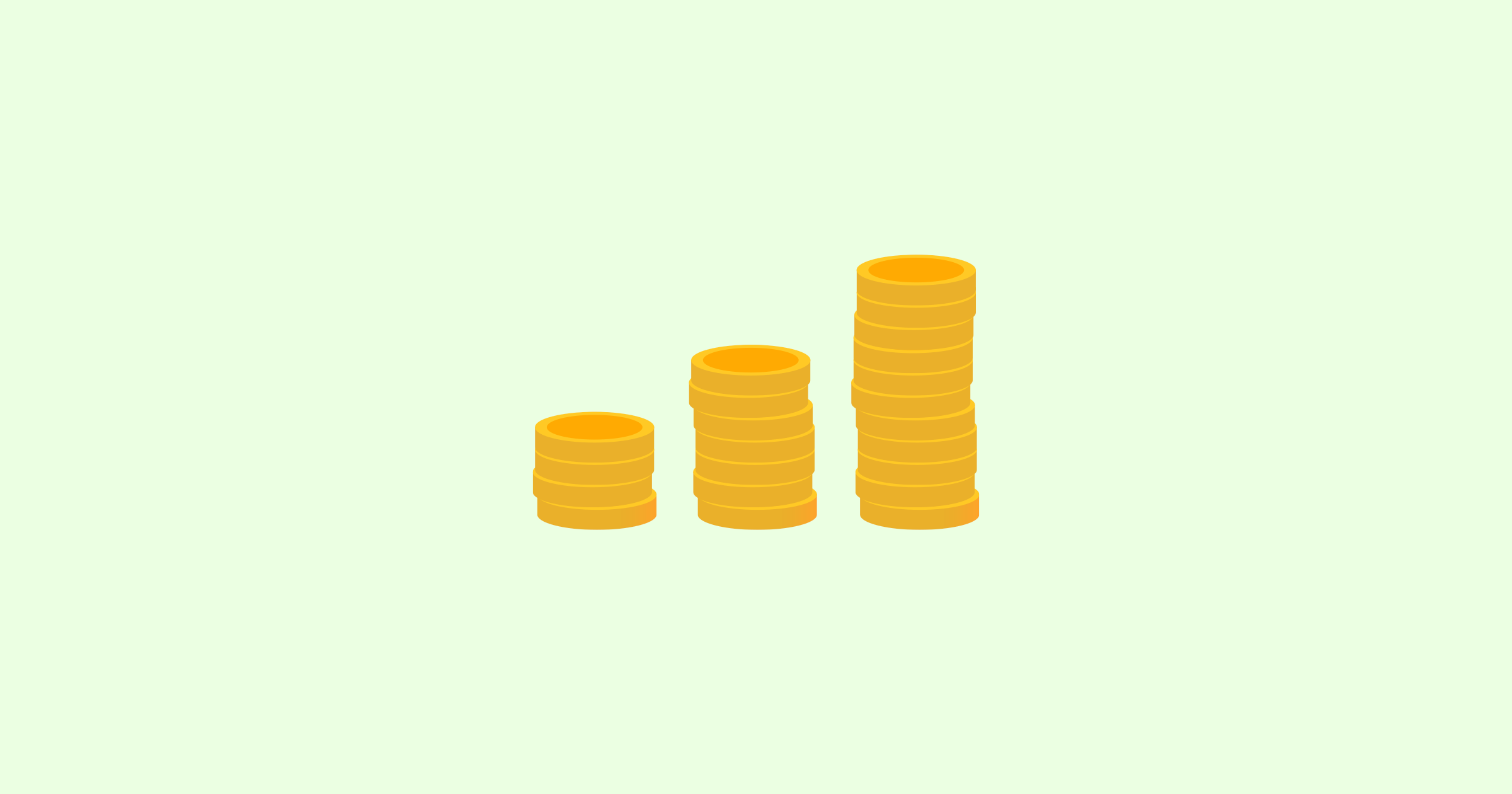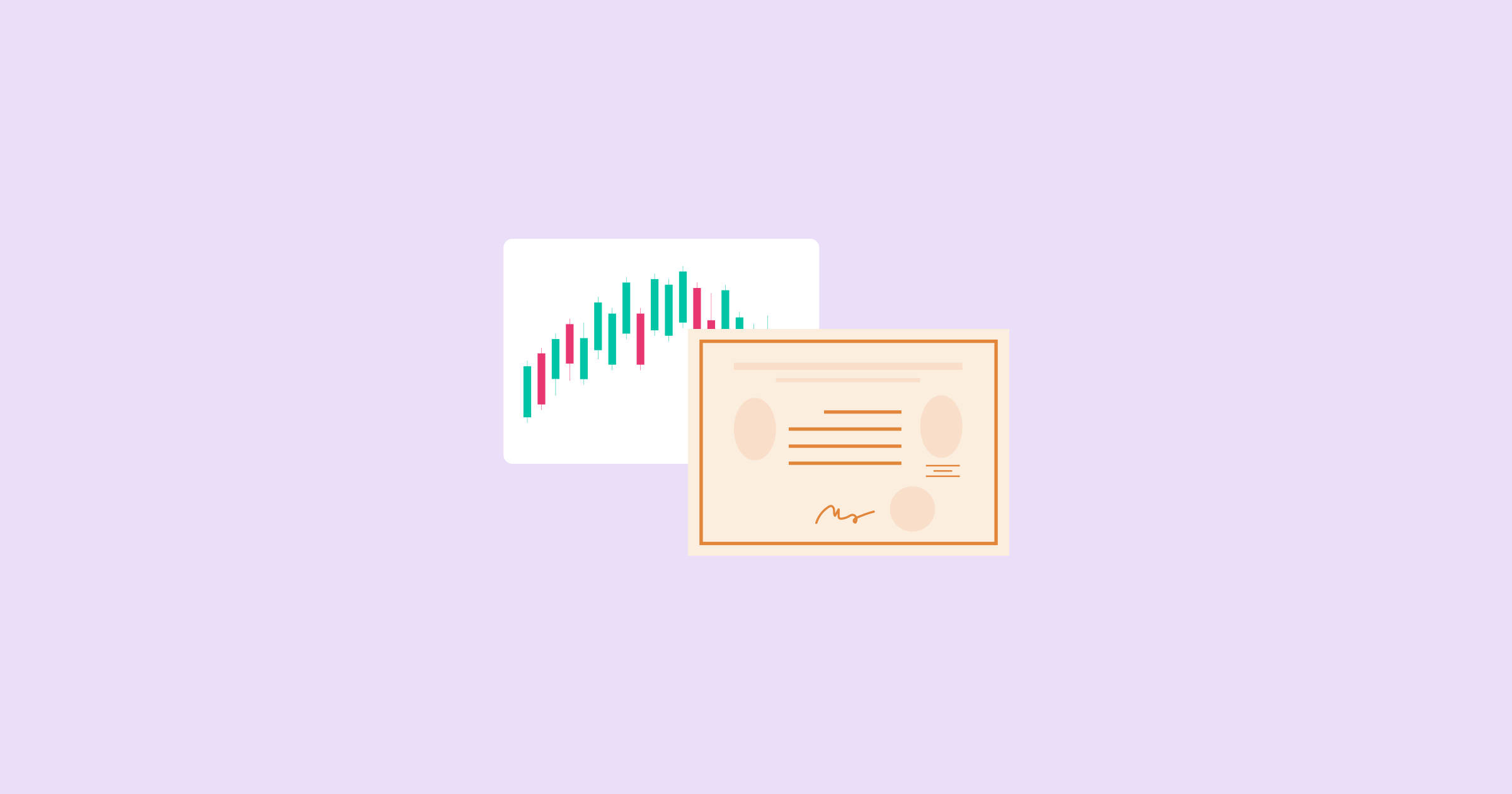Companies sell shares as a way to raise money for their business operations or expansion efforts. There are times, however, when they do the opposite and buy their stocks back from investors.
Why does this happen and what might it mean for a business and its shareholders? Keep reading below.
What is stock buyback?
A stock buyback, also known as a share repurchase, happens when a company decides to buy its own shares back from the stock market.
The company may then keep the shares as treasury stocks or take them out of circulation permanently. A buyback reduces the total number of shares available to the public.
As an investor, you aren’t required to sell your shares during a buyback. However, you may choose to do so if you’re happy with the offer price.
Reasons for stock buybacks
Companies may repurchase their stocks to achieve the following:
1. Return profits to shareholders
Companies tend to issue dividends when they want to distribute profit to investors, but stock buybacks offer another way to create value for shareholders.
With fewer shares in the market, each share will represent a bigger piece of a company. If you’ll hold on to your shares instead of selling during the buyback period, you may also benefit from a rise in share price.
Stock prices tend to increase when demand grows, and a company buying its own shares can lessen supply and boost demand.
A buyback can also signal that a company believes its shares are undervalued and the price is poised to grow. This may send a message to investors that the company believes its shares are a good investment, which can make its stocks more attractive.
2. Improve its earnings per share
Earnings per share (EPS) is a measure of a company’s profitability. It shows how much a company makes compared to how many outstanding common shares it has. The higher the EPS, the more profitable a company is perceived to be.
A buyback leads to a higher EPS since it lessens the number of outstanding common shares. This may improve a stock’s market value, since profitability is one of the things people look at when making investing decisions.
3. Use extra cash
When companies have a lot of cash, they may decide to buy back their shares instead of letting the money sit in cash reserves or investing it in other ways.
There may be other reasons for a company to initiate buybacks, such as preventing an unwanted takeover by a major shareholder or giving the repurchased shares to employees to fulfill an internal compensation program.
Are buybacks a good thing?
While buybacks offer potential benefits for companies and shareholders, they’re not always viewed positively.
Some critics argue that buybacks are an inefficient way to spend cash. They believe the money could be better used by issuing dividends or investing in growth opportunities.
You can look at the bigger picture and consider the potential short- and long-term effects of a buyback to know what it might mean for a company and your investments.




